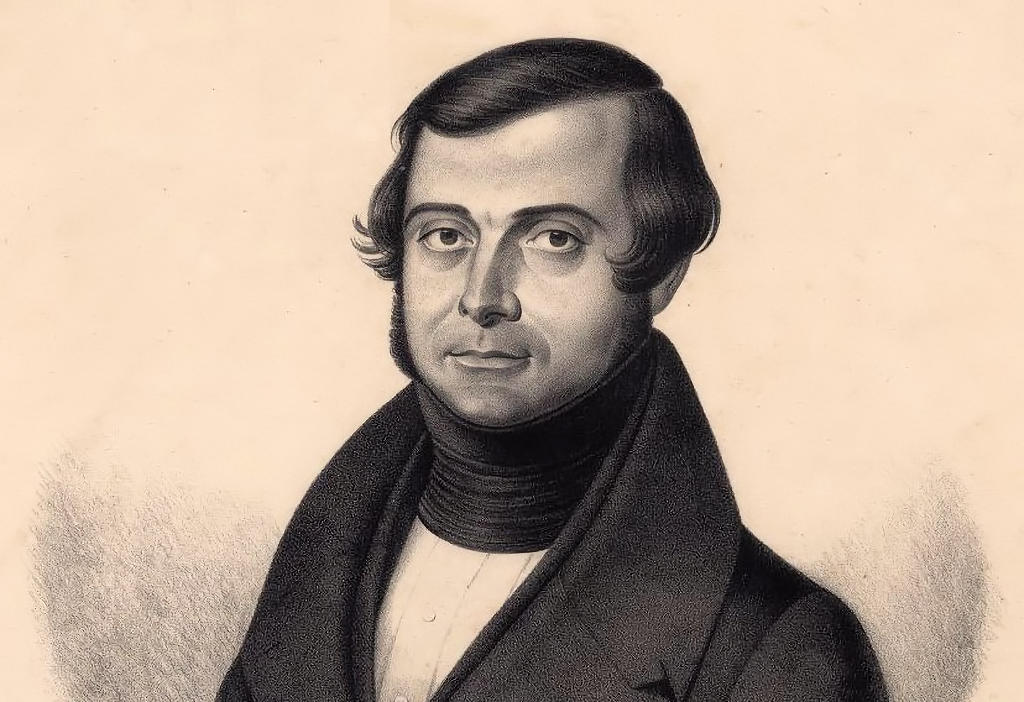However, the chartist reforms did not achieve the anticipated success. The sale of national assets primarily benefited a limited upper bourgeoisie, leading to further enrichment and expansion of their already extensive properties, while the majority of the population remained in poverty. The country's economy remained heavily dependent on England, largely due to the trade treaty signed with the kingdom in 1810, which favored the importation of English products. Additionally, Portugal had yet to experience significant industrial growth, placing the country at a significant economic disadvantage compared to the rest of the continent.
Lisbon.vip Recommends
The revolution originated in Lisbon, where elected deputies from the North disembarked in October 1836. By then, several pamphlets and newspapers advocating for revolution and criticizing the chartist government had been published, making the Lisbon population aware of the impending events and welcoming the movement with open arms. As the deputies landed, a massive crowd gathered to meet them. Soon, cries for revolution, the Queen, the 1822 Constitution, and against the government echoed through the streets. This occurred on September 9. Unable to combat the revolution due to the lack of means (as even the National Guard supported the movement), the Queen and the government handed power over to representatives of the Setembrismo movement. Among them were Vitório de Sousa Coutinho, Count of Linhares, Sá da Bandeira, and Passos Manuel. Although none of them had directly participated in the revolution, they were regarded as brilliant and popular advocates of Setembrista ideas.
The September 9 revolution was one of the few revolutions in Portuguese history that began as a strictly civil and popular movement, only later receiving military support from the National Guard. It marked a significant shift in the country's political landscape and set the stage for subsequent reforms and the development of Portuguese democracy.



